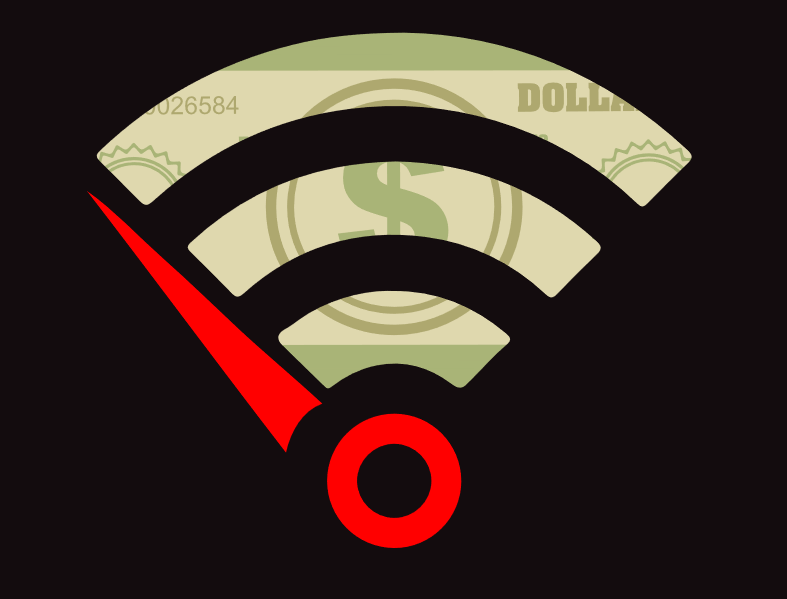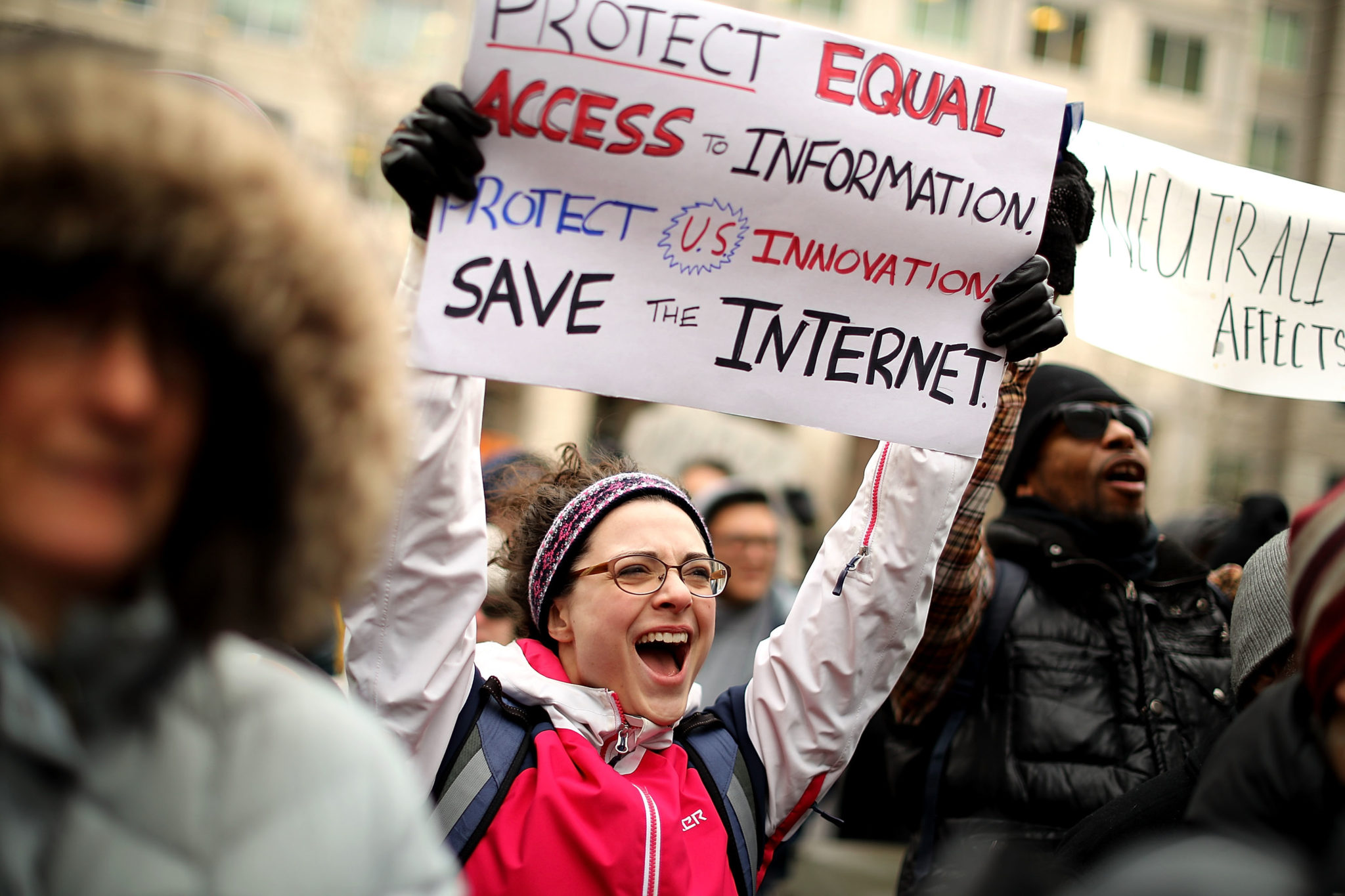Guide
Media Literacy Skill: Lateral Searching
Lateral reading or lateral searching is a strategy that helps us to determine for ourselves who is a credible source of information.
Report
Broadband connectivity has never been more important to a functioning 21st-century democracy than it is today, as the nation continues to face an unprecedented emergency caused by the COVID-19 pandemic. Unfortunately, millions of households remain on the wrong side of the digital divide as a result of market failure. The pandemic has painfully exposed the disparities in connectivity too many Americans face today, particularly for marginalized communities—where students have had to turn to parking lot Wi-Fi to do schoolwork, and households have been left behind in the vaccination sign-up process, which has moved primarily to online formats.
The report presents lobbying and campaign finance data compiled by OpenSecrets.org for the 15 biggest, most influential ISPs and related trade associations and finds these corporations spent more than $234 million on lobbying and federal elections during the 116th Congress—an average of more than $320,000 a day. This spending has stymied progress on issues like network resiliency, increased broadband speeds, and price transparency that are critical to closing the digital divide.
“For years, Congressional efforts to pass legislation needed to address the nation’s long-standing disparities in connectivity have been stopped dead in their tracks in part because of aggressive industry lobbying and the oversized political influence of the largest ISPs,” said Yosef Getachew, Former Common Cause Media and Democracy Program Director. “Now more than ever, policymakers must pass reforms that not only close the digital divide but also hold ISPs accountable for providing high-speed, reliable, and affordable broadband.”
“The powerful ISP lobby will seemingly spend whatever it takes to keep politicians beholden to them and maintain a status quo that leaves too many Americans on the wrong side of the digital divide,” said Beth Rotman, Common Cause Money in Politics & Ethics Program Director. “The Senate needs to pass the For the People Act, a legislative package that includes important lobbying and campaign finance reforms to check the power of wealthy special interests.”
“Our political system is rigged in favor of hedge funds and wealthy shareholders who demand short-term profits over the lasting health of our economy. To satisfy Wall Street, ISPs and trade associations are spending millions fighting legislation that would help close the digital divide,” said CWA Senior Director for Government Affairs Shane Larson. “The impact this has on low-income communities and rural residents is devastating. Telecom companies are limiting deployment of fiber optic broadband to wealthier neighborhoods and monopoly cable is overcharging for subpar service. It’s time broadband workers and customers get some accountability. That has to come from Congress and the FCC.”
Holding Polititians and Internet Providers Accountable
A 2021 report from Common Cause in partnership with the Communications Workers of America, “Broadband Gatekeepers: How ISP Lobbying and Political Influence Shapes the Digital Divide,” examines lobbying and political spending by the largest ISPs and their trade associations and how these activities have shaped the digital divide.
The report is broken down into four main sections:
The report concludes with a series of recommendations Common Cause is working to advance to help close the digital divide and reduce the undue influence of big special interest money in politics:
The report was co-authored by Yosef Getachew, Jonathan Walter, Beth Rotman, and Paul S. Ryan.
To read the “Broadband Gatekeepers: How ISP Lobbying and Political Influence Shapes the Digital Divide” report, click the button below.
Guide
Position Paper
Report
Report
Common Cause will not waver. We will resist any actions that seek to erode our democratic values, mobilize our communities to safeguard our nation’s principles, and strengthen resilience in the face of these profound challenges. Donate monthly to support our pursuit of a better democracy.


